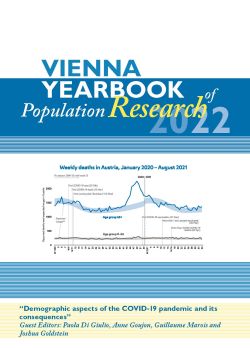Abstract:Supplementary Files
Supplementary material Summary of NTA country profilesAn important aspect of the current COVID-19 crisis is that not all age groups are equally affected by the pandemic. To account for the generational impact of COVID- 19, a dynamic overlapping generations model with realistic demography, human capital and NTAs is constructed. The COVID-19 crisis is modelled through two unexpected and temporary negative shocks: an economic shock that reduces labour income, and a demographic shock that increases the mortality hazard rates of those infected. The model is applied to 12 countries for which full NTA data are available. Results are presented for two extreme fiscal policies: one in which governments compensate workers for 0% (without fiscal support) of their total labour income losses due to the pandemic, and another in which governments compensate workers for 100% (with fiscal support) of these losses. In addition, I analyse the impact of these policies on public debt. The results show that COVID-19 is affecting the financial situations of people aged 25 to 64 and their children more than those of older people. By compensating workers for their income losses, the economic impact of COVID-19 has been more evenly distributed across cohorts, reducing the burden on people aged zero to 64, and increasing the burden on people aged 65 and older. Moreover, the simulation results show that a 1% decline in labour income leads to an average increase in the debt-to-total labour income ratio of between 1.2% (without fiscal policy) and 1.6% (with fiscal policy).




 Home
Home
 Print
Print
 References
References
 Share
Share
 Miguel Sánchez-Romero
Miguel Sánchez-Romero